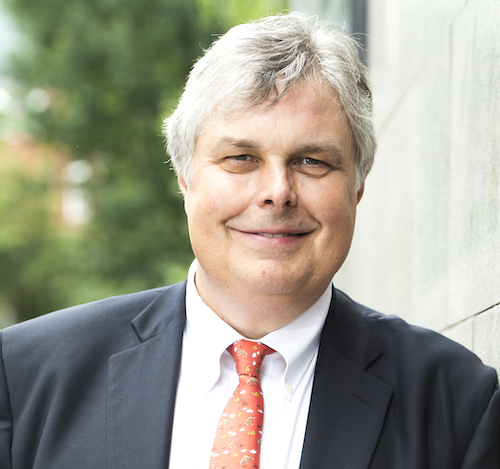There is wide-ranging interest in the development of stable porous materials for the capture, removal and conversion of toxic gases such as SO2 and NO2, and fuel gases such as CO2, NH3, CH4 and hydrocarbons with fast kinetics and high reversibility over multiple cycles. Porous metal-organic framework (MOF) compounds show enormous potential in this regard. The lecture will focus on the synthesis, structural characterization and gas adsorption studies of a range of metal-organic materials derived from stable carboxylate-linked complexes that exhibit permanent porosity coupled with high storage capacities and selectivities. Of particular interest are in situ structural and dynamic studies of gas-loaded materials that define the binding of substrates within pores at a molecular level, and breakthrough experiments under dry and humid conditions confirming practical separations. This knowledge has been applied to the design and development of new heterogeneous MOF catalysts for C-C coupling reactions, reduction of CO2 and NO2, and the activation and conversion of CH4 to CH3OH.
Biography

Professor Martin Schröder is Vice-President and Dean of the Faculty of Science and Engineering and Professor of Chemistry at the University of Manchester. He is recognised for his work on coordination and materials chemistry, specifically the design, synthesis and study of porous metal organic framework materials for energy, clean air and environmental applications. He was previously Professor of Inorganic Chemistry and Dean of Science at the University of Nottingham, and before that was Lecturer, Reader and Professor at the University of Edinburgh.
He has been a Visiting Professor at the University of Toronto, the University of Otago, and the Université Louis Pasteur, Strasbourg, and was a Royal Society Wolfson Merit Award holder, and a Leverhulme Trust Senior Research Fellow. He has published over 560 publications and patents, and has been awarded many research grants including ERC Advanced and EPSRC Programme grants. He is a Fellow of the Royal Society of Chemistry and of the Royal Society of Edinburgh, and a Member of the Academia Europaea. He holds honorary doctorates from Tallinn Technical University, Estonia, and the Nikolaev Institute of Inorganic Chemistry, Russian Academy of Sciences. He has won several research prizes and medals including in 2020 the Nyholm Prize for Inorganic Chemistry from the Royal Society of Chemistry. He is currently a member of EPSRC Council.




